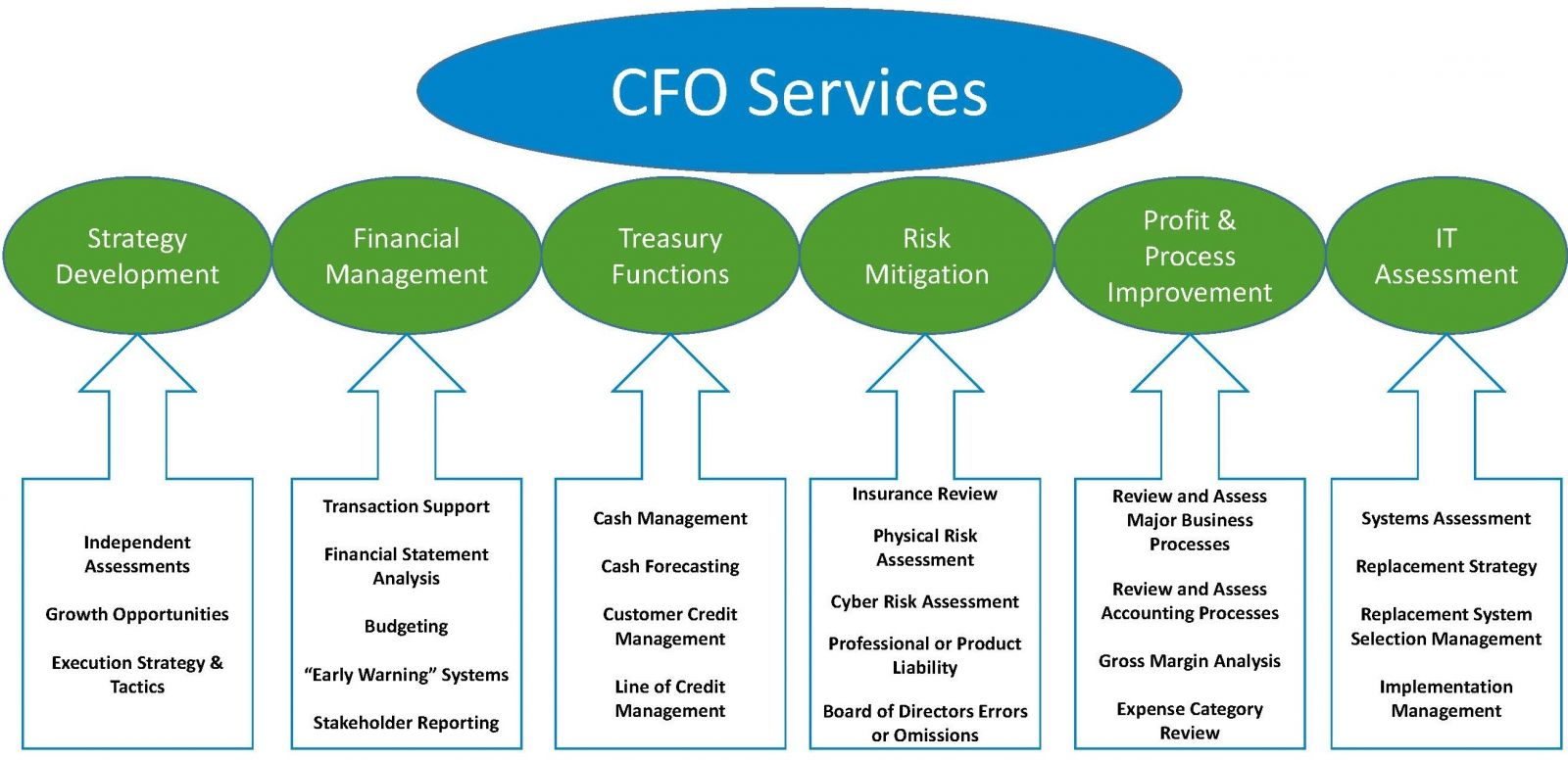Advanced Financial Solutions
Financial reporting and analysis
Financial reporting and analysis is the function that takes raw accounting entries and transforms them into meaningful, usable and comparable financial statements. The finance department contributes to organizational growth by measuring and reporting on regular bases, key numbers that are vital to the success of the company. This will likely include a summary of all funding sources, expenditures and reserves available for future use (excluding those already committed and budgeted for current period) some non-financial information. And are usually communicated to managers in a logical and understandable forma
Assist managers in making key strategic decisions
The finance department provides company management with information necessary to make strategic decisions such as which markets or projects to pursue, the payback periods for large capital purchases, decision on what should be given out as dividend out of the company’s earnings and what to plough back into the business, the best financing mix that could yield the company the nest profit, decision on how to allocate funds to investment etc., thus, making sure that money is being used in the best way.
Having read up to this point, you must have discovered that the importance of the finance department to any company cannot be overemphasized since the financial policy of any company to a greater extent, determines not only its existence, and survival but also the performance and success of that company. Any company aspires to grow and make profit should make sure the activities of the finance department are handled by individuals who have all it takes to be in the department.
Bookkeeping
This is the most basic function of the finance department. It involves the day-to-day recording, analysis and interpretation of a company’s financial transactions. This will include the tracking of all expenses (purchases, payments etc.) and sales of finished products. In some startup companies, this role is often carried out by a bookkeeper who might be replaced by more specialized payables and receivables clerks as the company grows or expands its operations.
Management of company’s cash flow
It is the duty of the finance department to manage all cash flows into and out of a company and ensure that there are enough funds available to meet the day-to-day running of the company. This area also encompasses the credit and collections policies for the company’s customers, to ensure that vendors and creditors are paid correctly and on time; and that the company is also paid correctly and as when due.
Budgets and forecasting
In this function, the finance department works with managers to prepare the company’s budgets and forecasts and give feedback with regards to the financial standing of the company. This information can be used to fulfil the cash needs of each department, plan company staffing levels, plan asset purchase and expansions at minimum cost before they become necessary. The finance department can also use past records from respective departments to make better budget and forecast over long-term and short-term time horizons.



JAMJOOM
MEDICINE
STORE